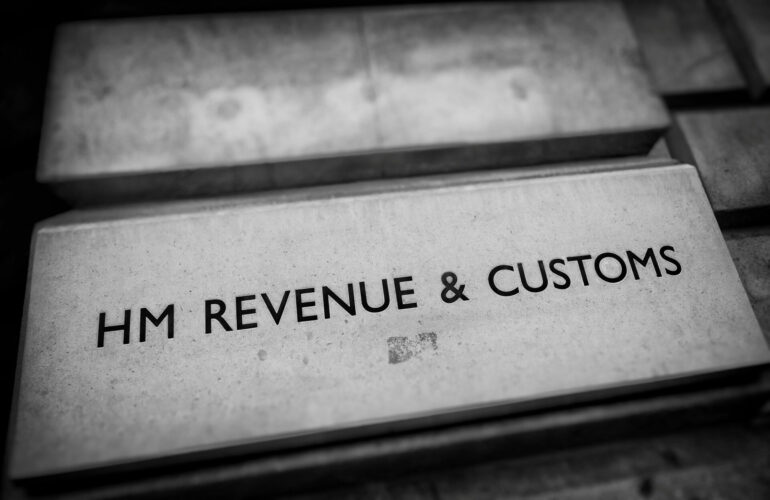Inheritance Tax (IHT) receipts for April to August 2024 are £3.5bn, which is £0.3bn higher than the same period last year, HM Revenue and Customs (HMRC) reported today.
In a recent call by the Resolution Foundation, the Chancellor has been urged to abolish the £175,000 residence nil-rate band (RNRB) during the upcoming Budget on 30th October.
The think-tank argued that removing the RNRB, which allows homeowners to pass on an additional £175,000 tax-free to direct descendants when leaving their main residence, could save the Treasury an estimated £2bn.
Currently, this is added to the main £325,000 nil-rate band available to all individuals.
Laura Hayward, tax partner at Evelyn Partners, said: “Rising IHT receipts are a fact of life for the Treasury but even at the current rate of 9.4% on the year they aren’t rising fast enough to help fill the ‘black hole’ that the Government says it has identified in the public finances.
“It’s by no means certain that the Chancellor will target the transfer of wealth to raise more tax revenue, but if she does then including defined contribution pension pots in the value of estates for IHT purposes seems to the front-runner in the line-up of possible changes.”
There is growing speculation that the Chancellor may tighten the seven-year rule for IHT on gifts.
This could involve changes to the ‘potentially exempt transfer’ rules, which allow individuals to gift large sums tax-free if they survive for seven years after the transfer.
If the rule is revised, some families are considering making lifetime transfers now to take advantage of the current system.
HMRC showed a significant rise in IHT liabilities on gifts made within seven years of death.
The number of estates that paid IHT on these gifts more than doubled from 590 in 2011/12 to 1,300 in 2020/21.
Similarly, the total IHT paid on these gifts increased by 153%, rising from £101m to £256m over the same period.
The average IHT charge on lifetime gifts has also grown, from £171,186 in 2011-12 to £196,923 in 2020-21.




